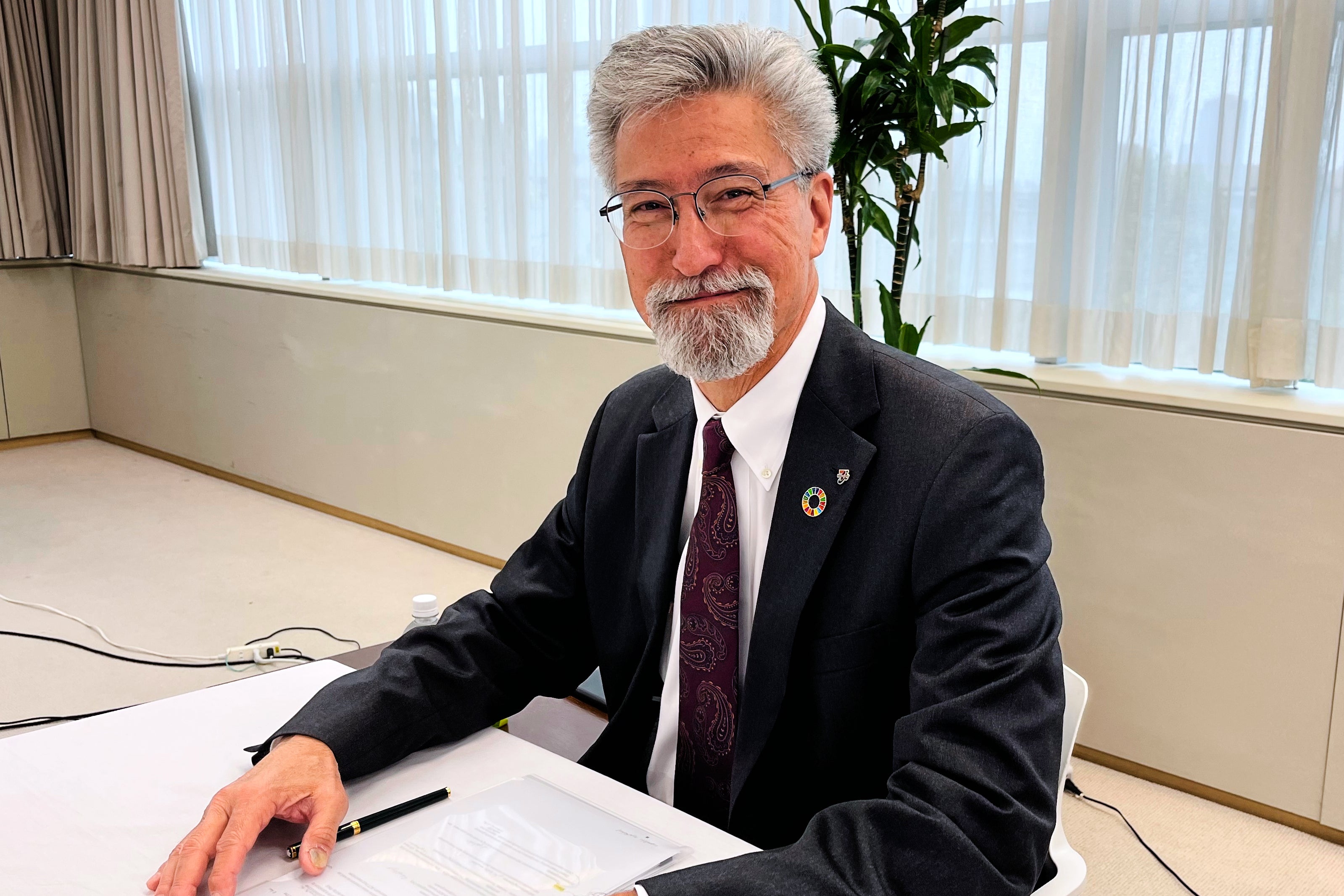ARTICLE AD BOX
Stephen Hayes Dacus, the first foreign-born president of 7-Eleven, has expressed confidence in the Japanese convenience store chain's ability to weather economic headwinds and continue attracting budget-conscious customers.
Dacus, an American with Japanese heritage, declined to comment on specific investment plans currently under consideration, including a potential acquisition by Canada's Alimentation Couche-Tard. He emphasized that a dedicated company committee, of which he is not a member, is conducting an objective review of all options.
“The process is moving forward very constructively,” Dacus, who is currently a director, told a small group of reporters at the Tokyo headquarters of Seven & i Holdings Co., which operates 7-Eleven.
His appointment as chief executive still needs shareholders’ approval, set for May. Seven & i shares have risen more than 2% in the past year.

Fluent in Japanese and English, Dacus said he was determined to build a culture of leadership that he’s learned to admire from his experience working at Walmart, Uniqlo and other retailers.
“If you’re not humble, you’re not listening to your customers. You’re not learning. But if you’re not aggressive, you’re going to get beat by your competitors,” he said.
Dacus stressed the 7-Eleven chain was growing globally. But the stores were different by nation, and his intent was not to duplicate everywhere the Japanese-style “conbini,” as they are known here.
Lowering costs can be delivered with a better supply chain, for instance, leveraging the chain’s global reach, while a cheaper recipe for a food item will merely drive customers away, said Dacus.
“This business in Japan has been built on innovation,” he said.
While declining to comment on U.S. President Donald Trump’s policies, he acknowledged buyers will likely tighten their purse strings in a slowdown.
The answer is to be the first choice for where they shop, Dacus said, noting that his mother and Japanese relatives he watched growing up never wasted anything. They would wrap leftover dinner rolls at restaurants in paper to take home, he recalled.
“If you want to talk to some tough customers, you go talk to my aunts,” he said.
“Japanese customers are incredibly demanding. That’s something that really resonates with me. And that forms the way I think about retail.”









 English (US) ·
English (US) ·